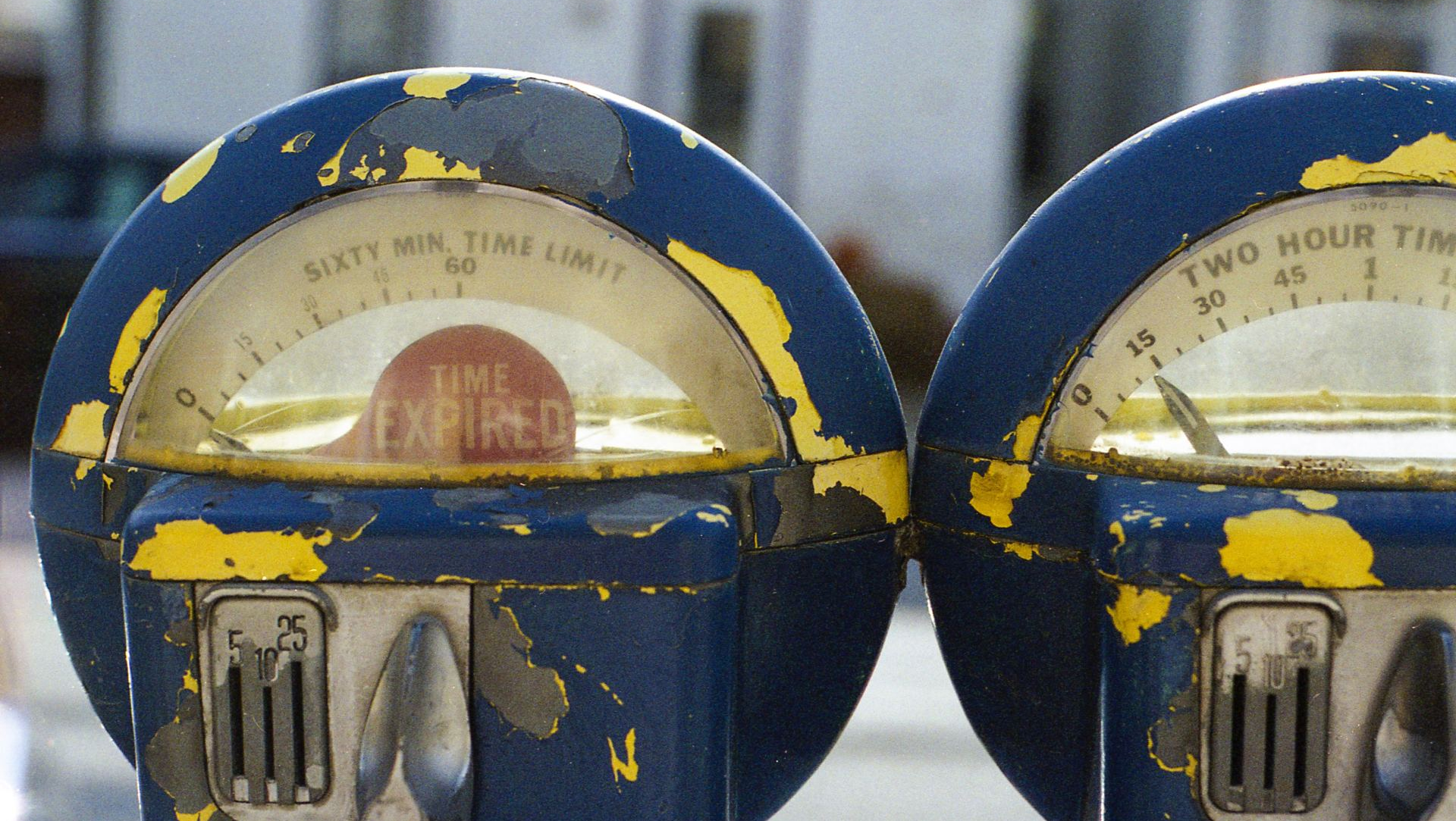
Recent reports from Leafly and Marijuana Business Daily (MBD) warn, respectively, that California could “run out” of legal cannabis by the spring and that the state’s regulated supply chain could “collapse” due to a licensing backlog.
The issue is that the granting of annual licenses is proceeding at a very slow pace. For example, as of February 22nd, only eight cultivation businesses had gained such permits, according to information from the California Department of Food and Agriculture (CDFA). Meanwhile, most businesses still hold temporary permits, which will expire in the coming months. CDFA licensing information as of February 22nd shows that a bit under 1,100 of the roughly 6,850 active temporary cultivation licenses in the state will expire within 30 days of the date at which the licensing data was released.
Both reports point to Senate Bill 67, which is currently making its way through the California legislature, as a fix for the issue. The bill would essentially allow state cannabis regulators to extend temporary licenses through the end of this year in order to buy time to process applications and issue provisional or annual licenses. However, the MBD report includes testimony from the bill’s sponsor stating that the soonest it might be signed into law is sometime within the next 60 to 90 days, during which time hundreds of temporary licenses are set to expire. According to the state’s current rules, California cannabis officials are unable to renew or extend temporary licenses.
Curiously, both reports make scant mention of provisional licenses. A recent rundown from Canna Law Blog (CLB) describes the provisional licensing scheme. According to CLB, the provisional license category was established by Senate Bill 1459, legislation that passed into law last year. SB 1459 was intended to serve a purpose similar to that of SB 67; the CLB post states, “SB 1459 was thus supposed to be a lifeline for companies which had scored very short-lived temporary licenses so that they could get operational in 2019 while the state was processing their annual licenses.”
Rebecca Forée, Communications Manager of the CalCannabis Division of CDFA, stated to our analysts in an email that, “SB 1459 allows a licensing authority to issue a provisional cannabis license if the applicant holds (or has held) a temporary cannabis license for the same location and the same commercial cannabis activity and he or she submits a complete annual license application, with evidence that compliance with the California Environmental Quality Act (CEQA) is underway.” The CLB post cited above adds that cultivators applying to CDFA for annual licenses do not have to fill out a separate application for a provisional; regulators will simply determine whether one is appropriate once an annual license application is submitted fully and fees are paid.
The CLB discussion of provisional licenses does not raise the possibility of supply running out or the collapse of the regulated supply chain trumpeted in the other reports. Based on CLB’s interpretation of the provisional licensing scheme, it appears that large numbers of cultivators could be forced out of the market when their temporary permits expire if they have not submitted completed annual license applications to CDFA, or if CDFA simply is unable to process applications quickly enough.
In response to a request for comment as to the accuracy of claims of an imminent supply chain collapse or product shortages made in the Leafly and MBD reports, Forée of CDFA stated, “CDFA is currently reviewing about 3,000 annual cannabis cultivation license applications that were submitted by cultivators who hold a temporary license. Those temporary licenses expire between March and July 2019. CDFA is reviewing and processing those applications as quickly as possible.”
Even if significant numbers of temporary licenses expire and growers are forced to shut down temporarily, other factors could mitigate the worst-case scenarios put forward by Leafly and MBD. For example, it is difficult to gauge current inventory levels in California’s regulated market since statewide plant and product tracking has not yet been implemented fully. However, after a reportedly strong fall harvest it is likely that the available supply of plant material in the licensed system is sufficient, if not ample, especially given the fact that wholesale sellers in California outnumber buyers by a significant margin.
On top of the likelihood that excess inventory exists currently, growers that might have to cease operations temporarily could sell their existing supplies into the licensed market prior to the expiration of their permits. Finally, outdoor cultivators that may be compelled to close down would not be actively producing and could theoretically continue to make preparations for this year’s crop if they choose to risk the possibility of enforcement action.
As for the rest of the supply chain, Bureau of Cannabis Control (BCC) spokesman Alex Traverso stated to our analysts in an email that, “The [BCC] does not have any temporary licenses that are expiring anytime soon.” This statement indicates that the downstream businesses regulated by BCC – namely retailers, delivery services, distributors, and testing labs – are not currently in jeopardy of being forced to close down imminently. As a result, it appears possible that California’s regulated market could continue to function to some extent if currently-existing supplies are enough to meet demand in the coming months.